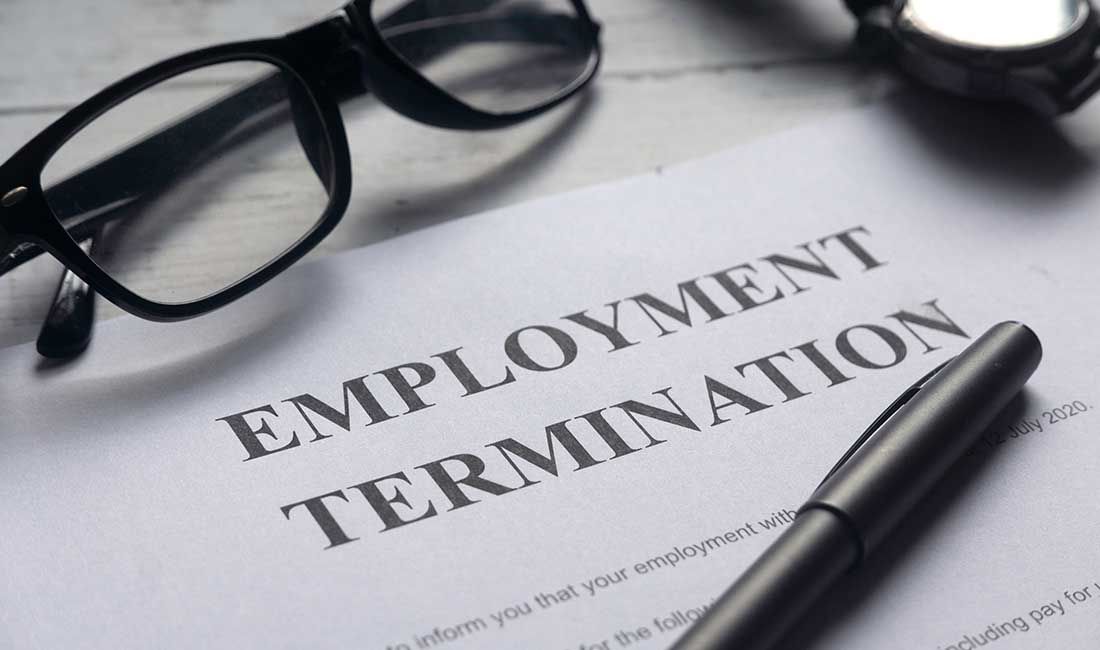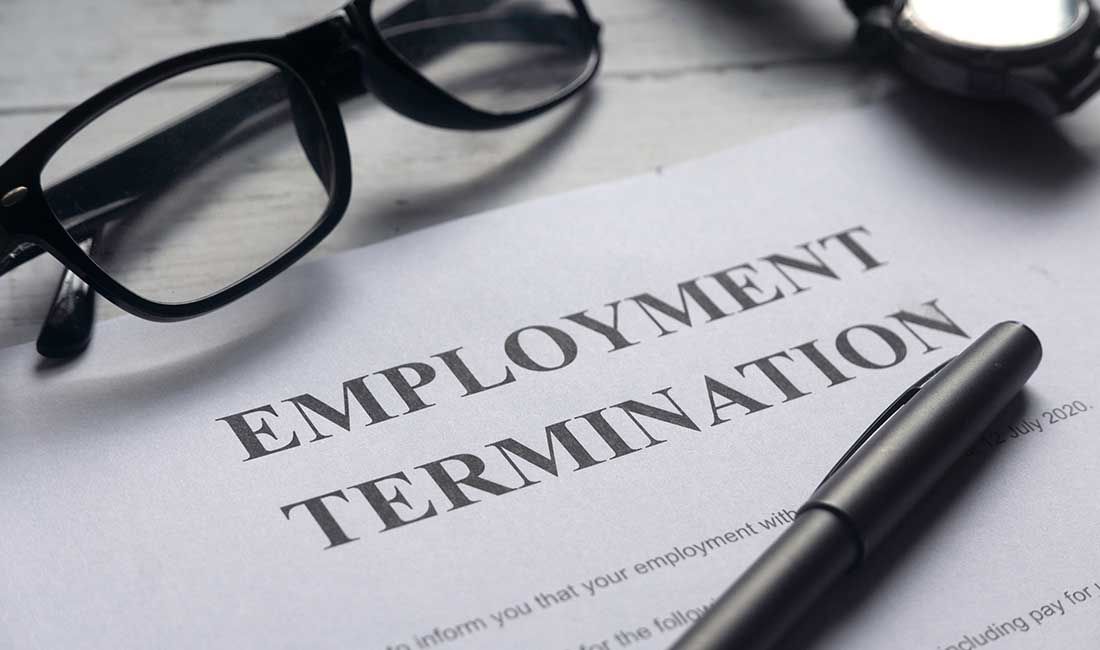Employee Refusing to Work Is Unlawful

| W.E.U Admin | Workplace Wellbeing
TAGS: Dismissal
Yes, where the employee’s refusal is (at least in part) influenced by a requirement to work without rest breaks.
What Does the Law Say?
Workers are protected against detriment and dismissal if the reason for the treatment is that they have refused to comply with a requirement that would breach the Working Time Regulations (WTR).
Pazur v Lexington Catering Services
Mr Pazur worked as a kitchen porter for Lexington Catering Services Ltd (LCS). Each week, he was assigned to work for various clients at different locations. During an 8-hour shift with a particular client, he was denied his statutory right to a rest break of at least 20 minutes. Mr Pazur walked out despite the client wanting him to work longer. He subsequently complained to LCS, but his concerns were not followed up.
When later assigned to the same client, Mr Pazur refused to return. LCS first threatened him with dismissal and then dismissed him outright. He claimed both the threat and the dismissal were unlawful detriment and automatically unfair, arguing they were due to his refusal to comply with a requirement to work without a rest break contrary to the WTR.
The Employment Tribunal rejected both claims, finding insufficient evidence that Mr Pazur’s refusal was solely—or even primarily—because of the rest break issue. He had also cited the Head Chef’s unpleasant behaviour as a reason.
On appeal, the Employment Appeal Tribunal allowed his claim, holding that a requirement to work in breach of the WTR was a material influence on his refusal. It need not have been the only reason for him to succeed.
Two Important Reminders for Employers
- Be aware of the statutory entitlement to rest breaks and ensure staff are not prevented from exercising these rights.
- Follow up on any complaints about working time in a constructive and timely way.
Related Articles
- Working Time Regulations: Rest Break Entitlements
- Unlawful Detriment in Employment Law
- Automatic Unfair Dismissal Explained
Article by Mick Murrell of VWV.
workersofengland.co.uk | Independent Workers Trade Union


















